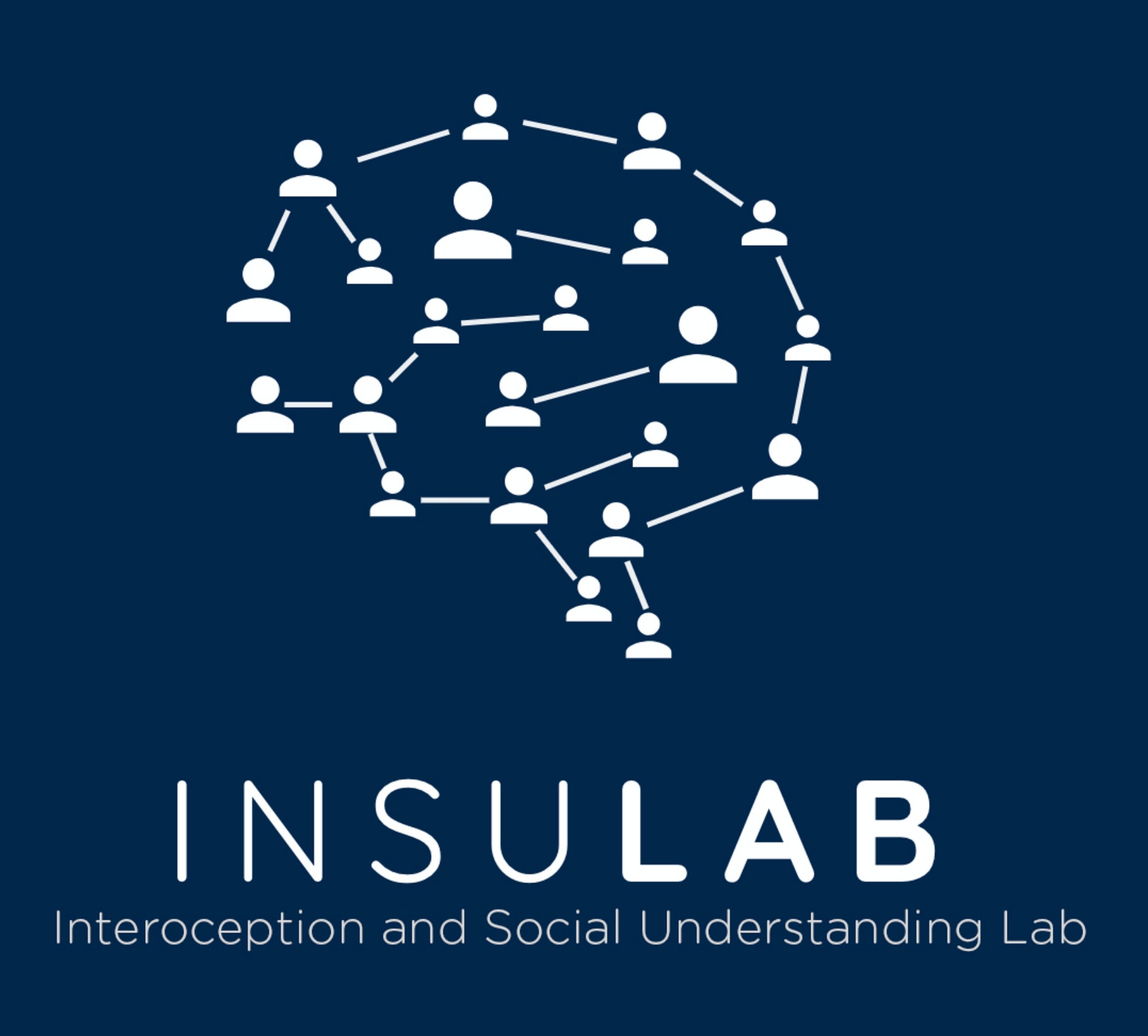How do you feel?
There has been lots of research investigating the recognition of other people’s emotions (e.g., whether they feel happy, sad, or angry). However, there is much less research on how we recognise non-emotional bodily sensations in other people (e.g., whether they feel hungry, tired, sick, or hot). The ability to recognise other people’s emotions changes across individuals and situations, so the ability to recognise these non-emotional states may also vary. It is important to recognise these sensations in other people, as this helps us to form relationships and care for them as necessary.
In this project, we want to measure participants’ ability to recognise non-emotional bodily sensations in their own bodies and in other people, across development. To do so, we are asking for participants, from the ages of 6-18, to help us.
What will I be asked to do?
If you choose for your child to take part, all you need is a laptop, computer or tablet, and internet connection. Firstly, we will ask your child to complete three tasks. The first is a matching task where your child will be shown nine internal state words and asked which picture shows that word. Then we will ask your child to complete some brief questionnaires, which relate to their beliefs in their ability to identify and measure their own non-emotional bodily states. Finally, we will ask them to complete our recognition task, where they will be required to identify a series of actions performed or bodily states experienced by an individual. In total, the study should take around 30 minutes to complete.
Will our information be safe?
All personal data will be securely stored via a password protected Excel file which will be deleted once data collection and processing is complete. Your child’s individual responses will be stored separately from our analyses file. The analyses file is fully anonymised (no names nor dates of birth included in this file). Fully anonymised processed data may be made openly available for other scientists to evaluate findings. However, this will only include information of the overall results, rather than individual results, and there is no risk that you could be identified by name. You will be allowed to withdraw from the study at any point if you wish, even after you have given your consent. If you would like to withdraw before the end, please contact a member of the research team using the details at the bottom of this page. If you do not decide to withdraw, your child’s anonymised responses will be indefinitely stored online on the Open Science Framework.
What are the risks of taking part?
There are no risks associated with this study.
What are the benefits of taking part?
By taking part, your child will automatically be entered into a prize draw to win one of ten £15 National Book Tokens. You will also be contributing to research on interoception and the recognition of non-emotional bodily states in others, across development.
Researchers involved:
Lara Carr: Royal Holloway, University of London (Lara.Carr.2016@live.rhul.ac.uk)
Dr Rebecca Brewer: Royal Holloway, University of London (Rebecca.Brewer@rhul.ac.uk)
Dr Dawn Watling: Royal Holloway, University of London (Dawn.Watling@rhul.ac.uk)
DATA PROTECTION, FUNDING AND ETHICAL CLEARANCE
Royal Holloway, University of London is the sponsor for this study and is based in the UK. We will be using information from you in order to undertake this study and will act as the data controller for this study. This means that we are responsible for looking after your information and using it properly. Any data you provide during the completion of the study will be stored securely on local servers. Royal Holloway is designated as a public authority and in accordance with the Royal Holloway and Bedford New College Act 1985 and the Statutes which govern the College, we conduct research for the public benefit and in the public interest. Royal Holloway has put in place appropriate technical and organisational security measures to prevent your personal data from being accidentally lost, used or accessed in any unauthorised way or altered or disclosed. Royal Holloway has also put in place procedures to deal with any suspected personal data security breach and will notify you and any applicable regulator of a suspected breach where legally required to do so. To safeguard your rights, we will use the minimum personally-identifiable information possible (i.e., the email address you provide us). The lead researcher will keep your contact details confidential and will use this information only as required (i.e., to provide a summary of the study results if requested and/or for the prize draw). The lead researcher will keep information about you and data gathered from the study for 5 years after the study has finished. Certain individuals from RHUL may look at your research records to check the accuracy of the research study. If the study is published in a relevant peer-reviewed journal, the anonymised data may be made available to third parties. The people who analyse the information will not be able to identify you. You can find out more about your rights under the GDPR and Data Protection Act 2018 by visiting https://www.royalholloway.ac.uk/about-us/more/governance-and-strategy/data-protection/ and if you wish to exercise your rights, please contact dataprotection@royalholloway.ac.ukPlease complete the consent form so that we know whether you agree to take part in this study.
This project is funded by the South East Network for Social Sciences (SeNSS). This study has been reviewed and approved by the College Ethics Committee at Royal Holloway, University of London. The members of the research team have been checked and cleared by the Disclosure and Barring Service (DBS). If you are unhappy or have concerns about any aspect of the project, and do not wish to contact the research team, you can contact the Research Ethics Committee via email at ethics@rhul.ac.uk, or by phone at 01784 414930. The committee is entirely independent of the research and will respond to your concerns.

